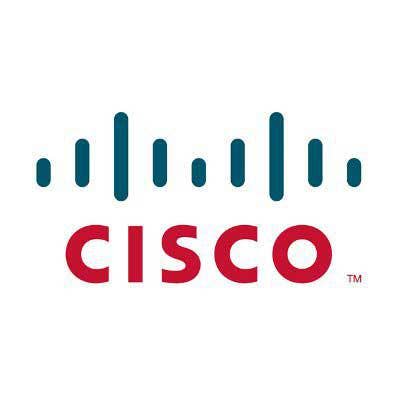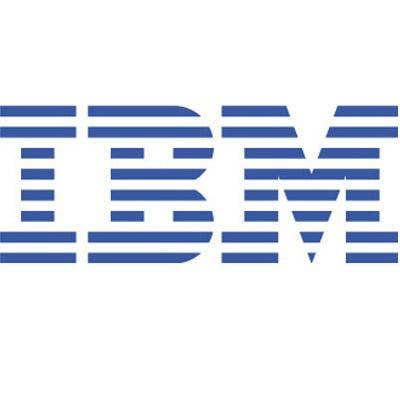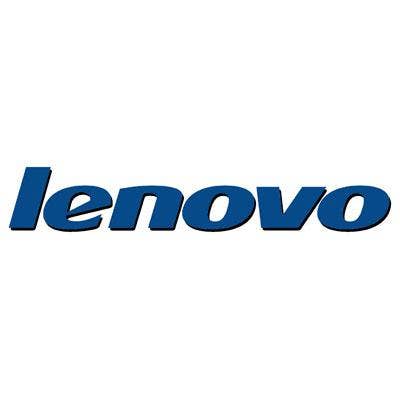Five Companies That Came To Win This Week

Verizon Goes For Cloud Gusto With $1.4 Billion Terremark Acquisition
Verizon took a big step toward becoming a major cloud infrastructure player this week with its $1.4 billion acquisition of Terremark Worldwide, an infrastructure-as-a-Service provider.
Terremark has 13 data centers in the U.S., Europe and Latin America through which it offers cloud computing, hybrid cloud, collocation, disaster recovery, data storage and managed hosting services. Verizon will add these to its stable of 220 data centers in 23 countries.
In a recent interview, Patrick Verhoeven, Verizon Business' manager of cloud services, told CRN that Verizon isn't messing around and will continue making big cloud investments in the coming year.

Cisco Rolls Out Wave Of New SMB Products
Cisco is dead serious about capturing more SMB dollars, and its rollout this week of new network switch, security and storage offerings is the latest salvo in its three year old, $100 million SMB offensive.
Cisco is leveraging its partnership with EMC to offer customers that purchase its six-month-old NSS300 Series Smart Storage products the option of fully integrated data backup via Mozy, an EMC subsidiary. Offsite backup is a luxury that few SMB companies have been able to afford, but Cisco is chipping away at that price barrier and making it an attractive option.

IBM Relies On Channel To Compete With Desktop Virtualization Foes
Desktop virtualization space is an unforgiving, insanely competitive landscape, but it's somewhat less so in the SMB segment. Cognizant of this, IBM is relying on its channel partners' SMB reach to sell its new Virtual Desktop for Smart Business, a desktop virtualization offering that can be hosted by partners in a private cloud environment or implemented at the customer site.
Desktop virtualization deployments bring ample services opportunities for partners, and the cost savings it provides will help VARs gain credibility with customers. IBM considers the sweet spot for Virtual Desktop for Smart Business to be between 100 and 1,000 customers, and that's a pretty wide playing field for partners that are equipped to deliver the goods.

Lenovo Fighting Apple In China With LePad Tablet, LePhone Smartphone
Lenovo is in the crosshairs of Apple, which recently opened several stores in China, but Lenovo's not sitting around waiting for its lunch to be gobbled. Lenovo this week said it plans to use its LePad tablet and LePhone smartphone -- and its knowledge of the Chinese market -- to beat away Apple's incursions in the country.
Apple may have a head start with the JesusPad, but Lenovo believes it holds some important strategic advantages. ’History has proved we are good at catching up with the market’s leaders,’ Lenovo Chairman and Co-Founder Liu Chuanzhi told Bloomberg this week. ’Though Apple is winning a significant share in the Chinese market, it has not gained a clearly leading position yet. Our advantage is we know this market better.’

ARM Leveraging Mobile High Ground, Confident About Future
ARM Holdings' giant footprint in the mobile space gives it important strategic advantages over Microsoft and Intel. Both tech giants have traditionally viewed ARM as a minor nuisance, but that's changed pretty dramatically in the last couple of years, as evidenced by Microsoft's decision to add ARM support in the next version of Windows.
Tudor Brown, president and co-founder of ARM, told CRN how the ARM-Microsoft tie-up will help ARM defend its turf against Intel, which is moving aggressively into the mobile space after years of ignoring it.
"I have no interest in taking market share from Intel in their core market. They can have that market. What I am interested in doing is stopping Intel from taking market share in the mobile space," Brown told CRN.